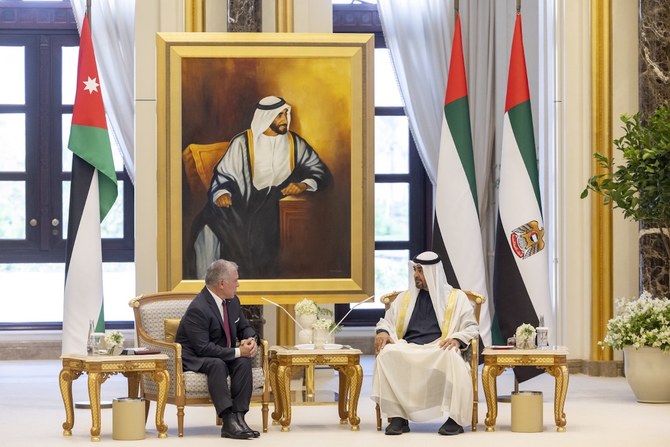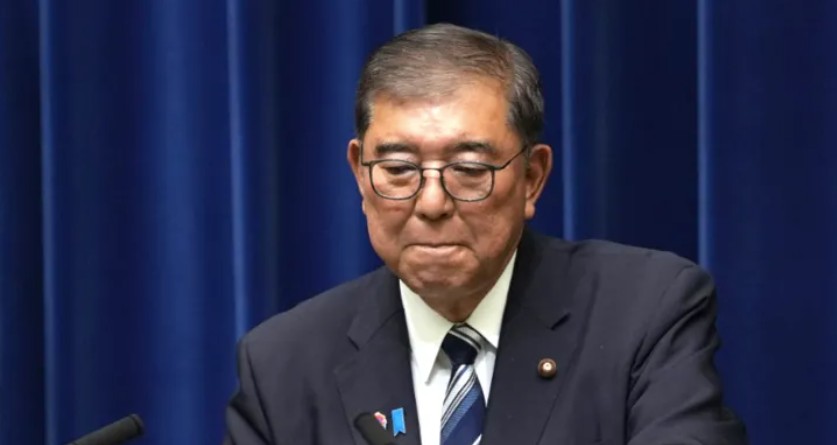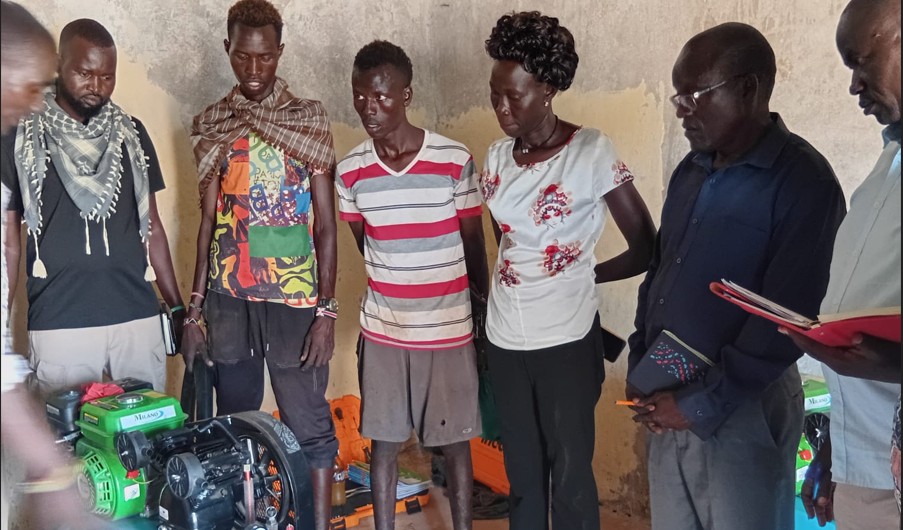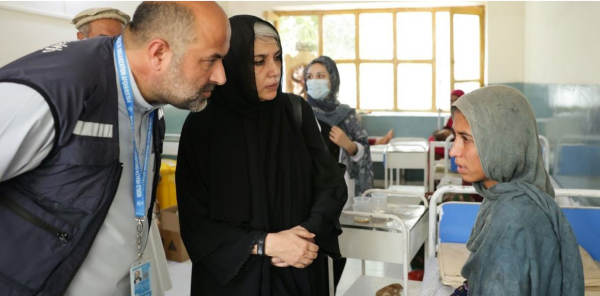SUPKEM joins churches to criticise government's failure to address public concerns
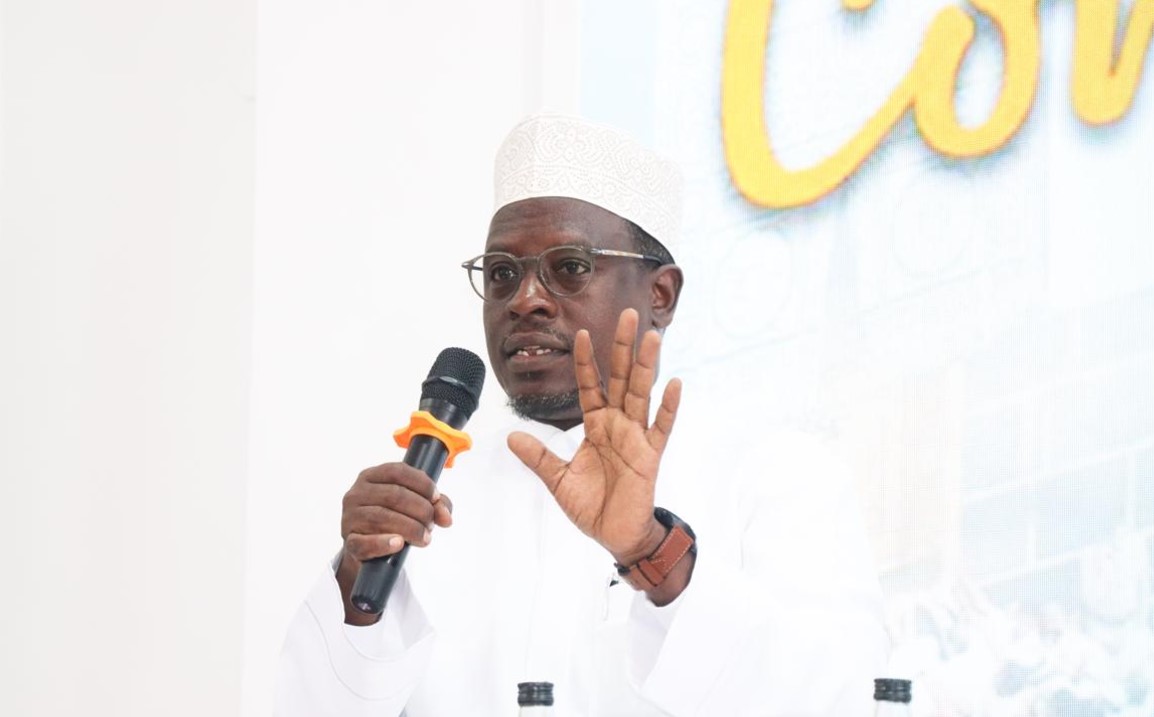
Hassan said the increasing gap between political leaders and the people they represent has led to a loss of trust in government institutions.
In a growing wave of discontent among Kenya’s faith leaders, the Supreme Council of Kenyan Muslims (SUPKEM) has joined the catholic Church and the National Council of Churches of Kenya (NCCK) in calling out the government for its failure to address pressing public issues.
Speaking in an interview with Citizen TV on Thursday, SUPKEM Chairperson Al Hajj Hassan Ole Naado highlighted the growing sense of frustration among the public, especially regarding the disregard by the political class for the needs of ordinary Kenyans.
More To Read
- How illegal financial flows stifle Africa's growth
- Supreme Court rules IEBC secretariat cannot undertake core electoral duties
- Court told Okoth Obado agreed to forfeit assets worth Sh235m in graft case
- Illegal financial flows drain African economies: How tax havens fuel corruption
- Kinshasa court jails ex-Justice Minister Mutamba over Sh2.5 billion corruption scandal
- Bomet Governor Hillary Barchok released on Sh15 million bond
He said the increasing gap between political leaders and the people they represent has led to a loss of trust in government institutions.
“There was never a time when the church stood alone in the fight for Kenyan democracy. Muslim leaders have always played an equally vital role,” Hassan asserted.
He emphasised the importance of unity among faith-based organisations, urging them to come together to address national challenges, which, according to him, include rampant corruption, a lack of accountability, and a growing disconnect between citizens and their elected officials.
Hassan expressed his worries about the current state of governance in Kenya, pointing out that many political leaders prioritise retaining power over the welfare of the public.
He said religious leaders must step up and fill the leadership void, promoting justice and accountability to guarantee the use of public resources for the betterment of all Kenyans.
"If today we had a functional Independent Electoral and Boundaries Commission (IEBC), the number of MPs who would be in line for recall would be historically very high because they (Kenyans) feel the political class no longer represents them," he said.
Direct governance solutions
He said many Kenyans have started to explore direct governance solutions due to the belief that the political elite no longer serves their interests.
Hassan also urged the government to tackle national issues through sound policies and legislation, particularly in areas such as corruption.
“There are issues the government can fix through policies and legislation,” he said, emphasising the importance of creating reforms that would promote transparency and restore integrity in governance.
Despite these ongoing challenges, Hassan praised the Constitution for providing the framework through which Kenyans can demand accountability from their leaders.
He also lauded the younger generation, particularly Gen Z, for standing up for themselves and showing the nation that it is possible to demand action from political leaders without relying on traditional political structures.
Hassan’s remarks resonate with those of the National Chairperson of the NCCK, Rev. Elias Otieno Agola, who also voiced concerns about the functioning of the government.
Agola criticised Parliament for failing to fulfil its constitutional mandate and for becoming, in his view, a mouthpiece of the executive.
“The Parliament has become, not the voice of the people, but the voice of the Executive,” Agola said.
He reminded the public that MPs were elected to uphold their interests and must be held accountable. Agola also expressed his dissatisfaction with the current political climate, asserting that the National Assembly's proposed reforms do not align with the people's interests.
"The National Assembly should introduce reforms that are people-friendly and fully understood by the affected persons," he said.
He also warned against politicians using donations to churches to further their political ambitions.
“Let them come, worship, and if they want to donate money, let them donate like any other person; let them give offerings like any other person, but raising that money to market yourself or show us that you are more of a good giver than others, we will not entertain that,” Agola stated.
The NCCK has also condemned the public’s tendency to believe misleading narratives propagated by politicians.
“The situation in our country is the direct result of our tendency, as the people of Kenya, to listen to and believe the narratives peddled by persons seeking to rise to or to hold onto politics and leadership,” the NCCK said.
Top Stories Today
